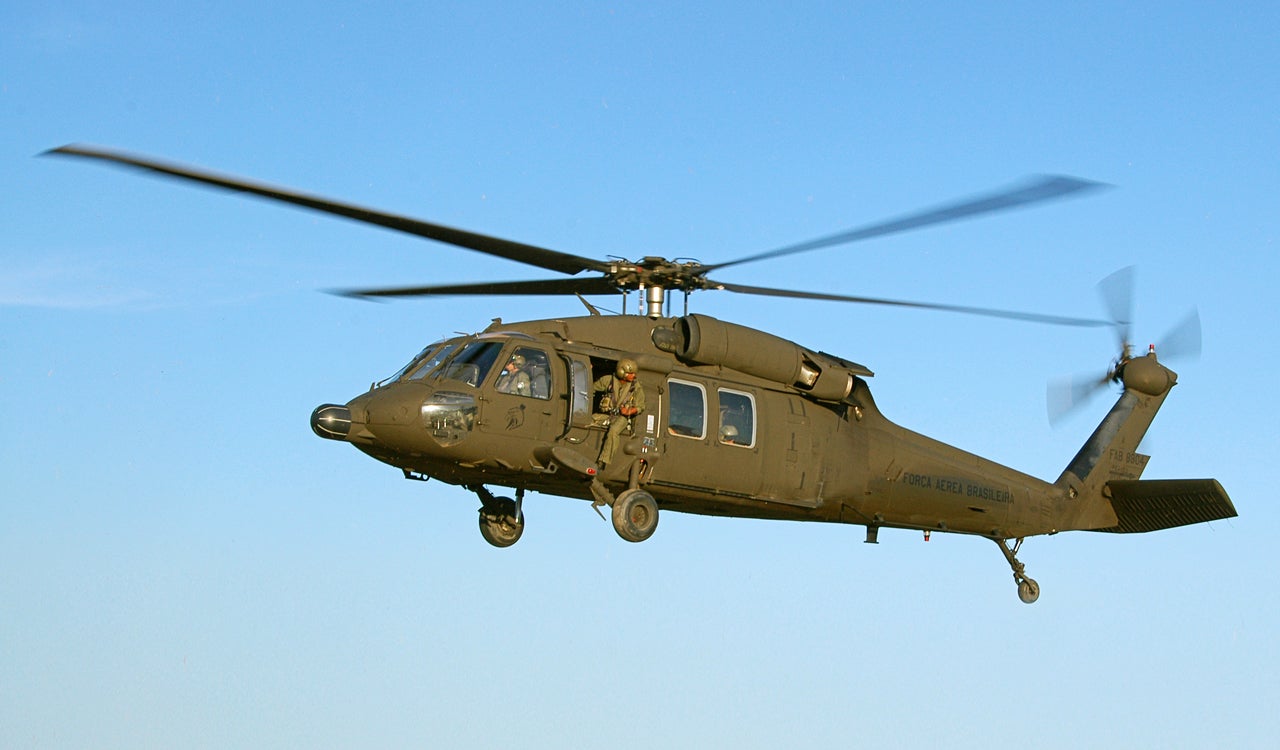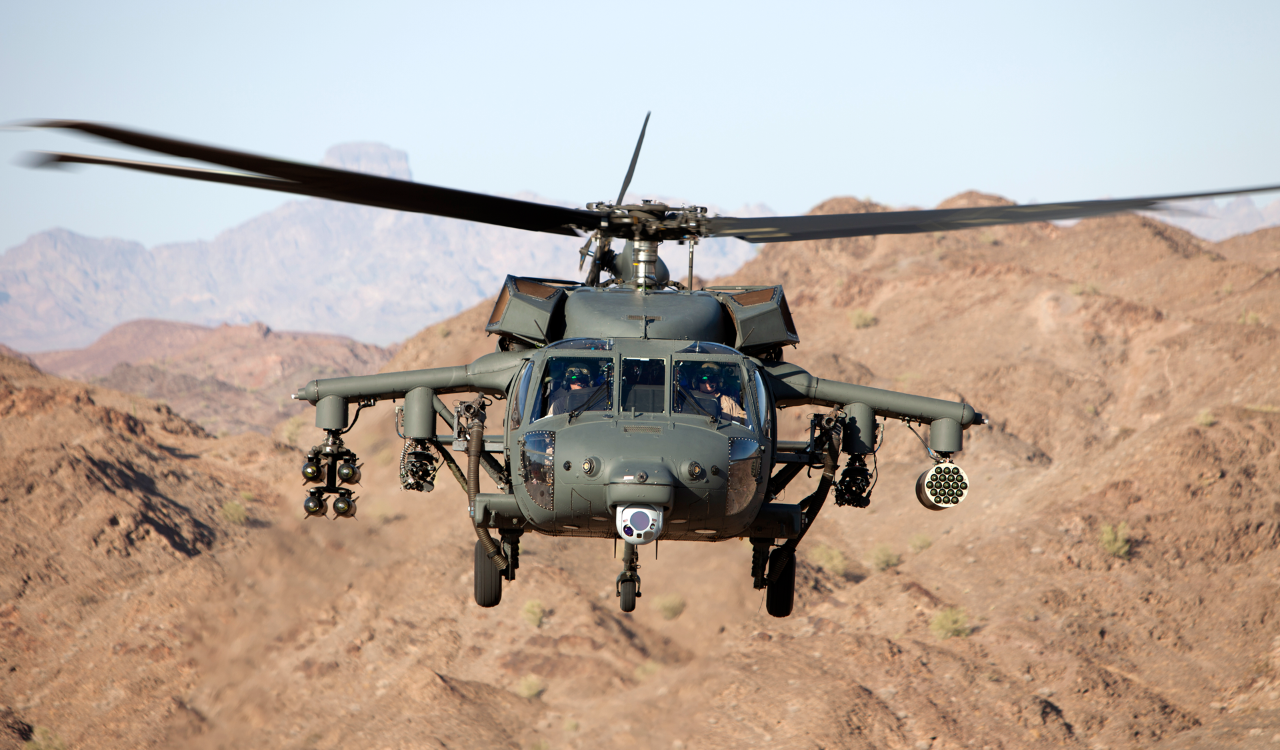Upkeep and Maintenance for UH 60 Helicopters
Upkeep and Maintenance for UH 60 Helicopters
Blog Article
The Duty of Airplane fit Worldwide Transportation and Profession Characteristics
The development of aircraft has actually indelibly transformed global transport and trade dynamics, helping with unprecedented levels of connectivity and efficiency. With the establishment of robust air freight networks, companies can currently browse global markets with amazing speed and agility, thereby redefining supply chain approaches. This makeover is not without its difficulties, as the aviation market grapples with sustainability worries and regulative pressures. As we explore the multifaceted influences of aircraft on global trade, it is important to consider how these variables will certainly shape the future landscape of aeronautics and its duty in the economy.

Development of Air Transport
The evolution of air transportation has been noted by considerable technical improvements and advancements that have changed the way people and goods relocate throughout the globe. From the Wright brothers' initial powered trip in 1903 to the development of supersonic jets, each landmark has actually highlighted the ruthless pursuit of efficiency and rate in air travel.
The latter part of the 20th century saw the introduction of industrial aviation as a viable mode of transport, defined by the introduction of jet engines, which transformed flight by considerably reducing flight times. In addition, developments in navigating and communication technologies have actually boosted functional effectiveness and safety and security, enabling more facility flight routes and schedules. The rise of air freight in parallel with passenger solutions has further emphasized the convenience of aeronautics. As we look to the future, arising modern technologies such as electrical and autonomous aircraft guarantee to redefine the air transport landscape, guaranteeing ongoing development and adjustment to global demands.
Influence on Global Trade
Air transportation has greatly improved worldwide profession by helping with the swift motion of products across huge ranges. This expedited logistics capacity allows companies to react rapidly to market needs, thus boosting supply chain efficiency. The capability to move perishable goods, high-value products, and time-sensitive products has opened new markets and possibilities for numerous industries, considerably affecting profession patterns.
Additionally, the growth of air freight networks has promoted globalization, allowing firms to source materials and items from different parts of the world perfectly. This interconnectedness minimizes lead times and expenses, enabling services to remain affordable in a significantly international industry. In addition, air transport plays an essential duty in e-commerce, where customer assumptions for rapid shipment have driven a surge in need for air products solutions.
The impact of aircraft on global profession encompasses the creation of calculated profession courses, connecting areas and promoting global collaborations. Countries that invest in air transportation facilities commonly experience improved economic development and boosted international direct financial investment. On the whole, the development of air transport has not just changed the logistics landscape however has also become an essential element in the dynamics of global profession.

Economic Benefits of Air Travel
A durable aviation market generates considerable financial benefits, adding to work creation, tourist, and total economic development - uh 60. The aeronautics industry sustains numerous jobs globally, varying from direct employment in airlines and flight terminals to indirect roles in markets such as friendliness, transport, and logistics. According to sector reports, for every single task in the air travel sector, around 3.5 added work are created in the wider economic climate
Tourist is a crucial component of the financial benefits stemmed from aeronautics. Flight helps with worldwide tourism, allowing travelers to explore diverse destinations, which consequently promotes regional economic situations. Nations that purchase their aviation infrastructure typically experience boosted visitor arrivals, bring about greater investing on solutions such as destinations, resorts, and restaurants.

Additionally, aviation boosts global connection, enabling businesses to access new markets and sources successfully. As an outcome, sectors such as e-commerce and production advantage profoundly from reputable air transportation, further driving financial development.
Obstacles Dealing With the Aeronautics Industry
Browsing a complex landscape of regulative, ecological, and financial difficulties, the aeronautics industry deals with substantial hurdles that endanger its sustainability and growth. Rules bordering safety and safety are continually progressing, demanding continuous conformity and adjustment from airlines and makers (uh 60). This can result in boosted operational expenses and source appropriation that diminishes development and development efforts
Additionally, environmental worries have come to be paramount, with growing find more examination over carbon discharges and sound pollution. The sector is under pressure to embrace greener modern technologies and practices, which usually call for substantial investment in r & d. Stabilizing these ecological duties with the demand for flight provides a substantial obstacle.
Financial changes, such as increasing fuel prices and geopolitical uncertainties, even more complicate the landscape. Airline companies frequently face volatile operating expense and fluctuating guest demand, which can influence profitability and lasting preparation. Labor scarcities and ability spaces in important locations include one more layer of complexity, preventing functional effectiveness.
Ultimately, addressing these complex obstacles is essential for the aeronautics market to preserve its pivotal duty in worldwide transportation and profession, while guaranteeing strength and versatility in an increasingly open market.
Future Patterns in Air Travel
Arising innovations and shifting customer preferences are positioned to reshape the future of air traveling considerably. The assimilation of expert system and maker learning is expected to boost operational performance, improve airport terminal processes, and boost client service. Anticipating analytics will assist in more precise demand forecasting, permitting airlines to maximize flight timetables and pricing designs.
Sustainability is moved here ending up being a vital chauffeur in flight, with the aviation market increasingly concentrated on reducing carbon discharges. Technologies in aircraft design, such as electric and hybrid propulsion systems, are being checked out to fulfill environmental targets. Moreover, the adoption of lasting air travel gas (SAFs) is expected to play a crucial function in achieving net-zero discharges by 2050.
Customer choices are changing towards personalized travel experiences. Airlines are buying sophisticated data analytics to customize services and enhance customer engagement, guaranteeing an extra customized trip from booking to arrival. Additionally, the surge of remote work may lead to increased demand for recreation traveling, as people look for to integrate work and getaway.
Final Thought
Finally, aircraft dramatically affect international transport and trade dynamics by promoting quick activity and improving supply chain effectiveness. The evolution of air transportation has changed worldwide trade, producing significant financial benefits while additionally offering challenges that need tactical management. Future fads suggest a continued reliance on aeronautics for commerce, underscoring its integral duty in globalization and economic growth. The continuous adaptation of the aviation industry will certainly be vital for sustaining its payments to the worldwide economic situation.
The latter component of the 20th century saw you can try here the appearance of industrial aviation as a sensible setting of transport, characterized by the intro of jet engines, which transformed air traveling by dramatically decreasing trip times. The rise of air cargo in parallel with traveler solutions has actually better highlighted the convenience of aviation. Furthermore, air transportation plays a critical role in ecommerce, where customer expectations for rapid delivery have actually driven a rise in demand for air freight services.
Generally, the evolution of air transportation has not only changed the logistics landscape however has additionally come to be an important part in the characteristics of global trade.
Sustainability is coming to be an essential motorist in air traveling, with the aeronautics sector increasingly focused on reducing carbon emissions.
Report this page